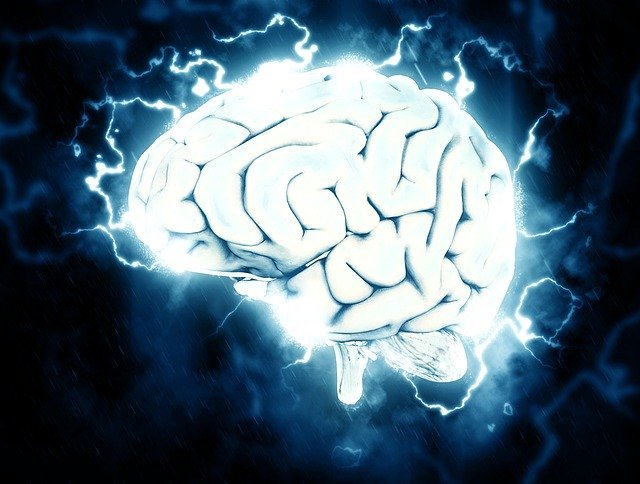
Transcranial magnetic stimulation (TMS) has shown significant efficacy in treating major depressive and obsessive-compulsive disorders.
In a new study review, researchers suggest that TMS may help treat a broader range of common neurological conditions, including stroke, acute migraines, and dementia.
The research was done by a team at the Loyola University Chicago Stritch School of Medicine.
A TMS device is made of one or two copper coils, positioned on an external, targeted area of a patient’s scalp, which produces brief, magnetic pulses to an estimated depth of approximately 2 to 2.5 centimeters.
The magnetic field triggers changes in neuronal activity and communication, which can alter unwanted activity within the brain.
According to the team, TMS can work as a stimulant or an inhibitor of cerebral activity, or both.
In addition, different sized coils and varying magnetic impulses can impact outcomes, depending on a patient’s neuroplasticity—the capacity for neurons and the nerve cells to change and compensate for injury and disease.
Most importantly, TMS is well-tolerated by most patients with few side effects.
TMS has been approved by the Food and Drug Administration (FDA) to treat major depression and obsessive-compulsive disorder (OCD).
The team found that there are 1,641 studies underway utilizing TMS to treat a broad array of other neurological disorders, including more than 60 trials alone studying the effects of TMS to diminish or reverse the effects of early dementia.
The most promising results are in the treatment of acute migraines and primary progressive aphasia (PPA), and the effects of stroke.
The team says TMS has now opened the field of neurology in multiple areas.
Loyola Medicine is already successfully utilizing TMS in the treatment of depression and OCD, and the researchers hope that they can begin to explore utilizing this treatment for dementia soon.
The lead author of the study is Antonio H. Iglesias, MD, a Loyola Medicine neurologist.
The study is published in Current Neurology and Neuroscience Reports.
Copyright © 2020 Knowridge Science Report. All rights reserved.



